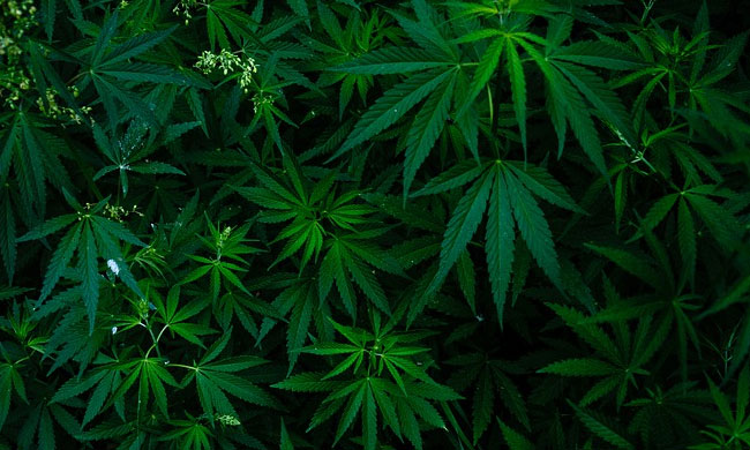Delhi HC Issues Notice To Centre On A Plea Challenging The Prohibition On The Use Of Cannabis
Karan Tripathi
6 Nov 2019 12:40 PM IST

Next Story
6 Nov 2019 12:40 PM IST
Delhi High Court has issued notice to the Central Government in a PIL challenging the constitutional validity of certain provisions of the NDPS Act that prohibit the use of cannabis. The Petitioner organisation started by saying that it is not seeking the legalisation of cannabis. It is only challenging certain provisions of the NDPS Act that prohibit the use of cannabis. The...
